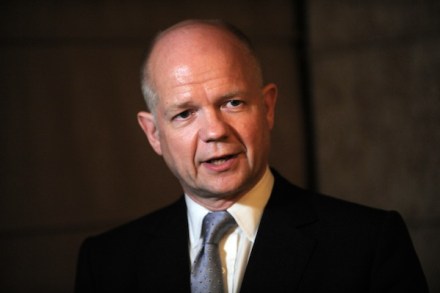Railing against government policy
The cabinet is out and about today, trying to smooth feathers ruffled by last week’s Lords reform row by splashing out on £9 billion worth of investment for railways. Today’s announcement by David Cameron and Nick Clegg is, as much as anything else, an attempt to put into practice the Prime Minister’s claim yesterday that the coalition is still capable of making real progress on big issues, despite differences on constitutional reform. Handily for Nick Clegg, today’s announcement may also encourage some friendly feelings from his own constituents, as it includes electrifying the line between Bedford to Sheffield. But the work isn’t starting tomorrow, which means this announcement could be














